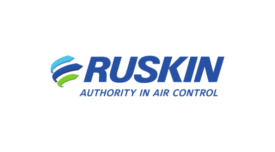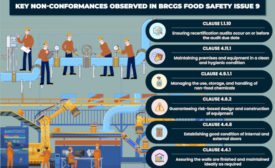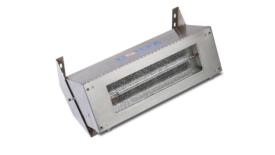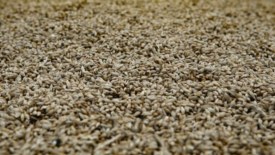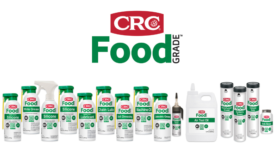Process Control
PFAS Litigation and FDA Updates for the Food Industry
Managing PFAS litigation risk requires food manufacturers and suppliers to take adequate steps to assess their exposure and allocate responsibility
April 12, 2024
Sponsored Content
Non-Conformances & Trends in BRCGS Food Safety Issue 9: Lessons Learnt Over the Past Year
April 8, 2024
Never miss the latest news and trends driving the food safety industry
eNewsletter | Website | eMagazine
JOIN TODAY!Copyright ©2025. All Rights Reserved BNP Media.
Design, CMS, Hosting & Web Development :: ePublishing




